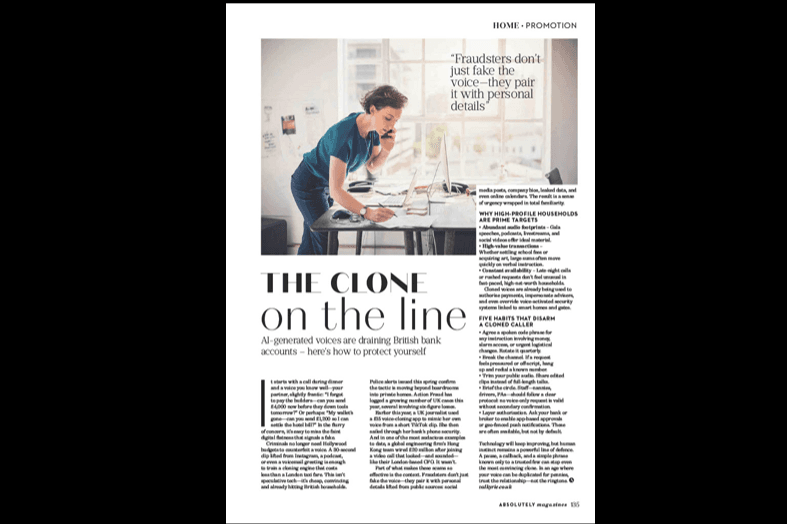SWIPE LEFT
Since our romance fraud post last year, this heart-breaking crime has been trending within the media and is prevalent worldwide. Following on from our post on 11th November last year, and after I watched The Tinder Swindler on Netflix last weekend, I wanted to post more tips on how to avoid a romance scammer like the Tinder Swindler.
Fortunately, there are several steps you can take to avoid people like ‘Simon Leviev’ who is said to have used Tinder to steal $10 million (£7.4 million). You should always be cautious of people you’ve just met online. Here are five tips on how to avoid getting scammed by a romance con artist.
Don’t be pressured into sending money
As Simon Leviev has shown, scammers are adept at spinning elaborate yet believable stories to convince you that sending them money is not only OK but that it’s a great idea. The same goes for requests to receive money into your account for them. This is a very peculiar thing to ask of someone, no matter how well you know them, and can be a sign that something dodgy is going on.
Don’t share personal details too soon
When you’re speaking to someone on a dating app, it can be easy to feel like you’ve known the person for much longer than you have. You wouldn’t give private information like bank details to a stranger on the street so you should avoid giving away personal data to people you meet online. Avoid giving away things like your full date of birth and home address. One victim of the Tinder Swindler gave away her mother’s phone number and she ended up being harassed.
Take your time
The Tinder Swindler was asking women to travel with him after meeting once. It’s safer to get to know someone at a slower pace so you can try and work them out. If they seem to fall for you hard and fast, then this could be another sign that it is likely to be a scam. Perhaps saying they’ve “never felt like this before”, give you a pet name early on, or discuss your life together married and with children, despite never meeting or only meeting a handful of times.
Reverse image search their pictures
Online romance scammers often use fake profile pictures to lure you in. You should carry out a reverse image search on Google to check the validity of a picture. On Google Chrome you can right-click on an image and select “Search image with Google Lens”. This should show you where the image has appeared on the internet before.
Keep your conversations to the dating site
A scammer may quickly try and encourage you to move your conversation to an encrypted messaging service. A lot of dating sites keep records of messages exchanged which could help you prove you’ve been scammed. Whether you suspect someone may be a scammer or not, keeping your conversation within the dating site’s chat facilities, at least initially, is a good idea.
As always, if you need advice about romance fraud, or anything else, please contact me at security@valkyrie.co.uk of 0207 499 9323.













